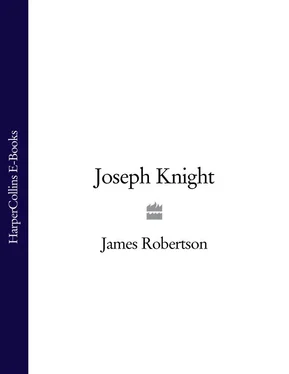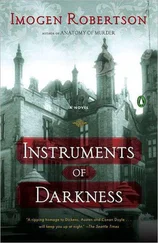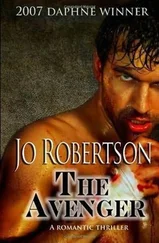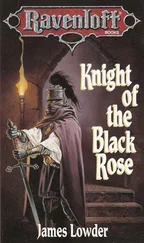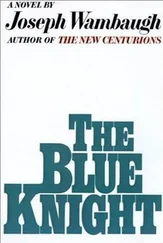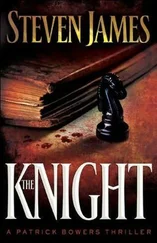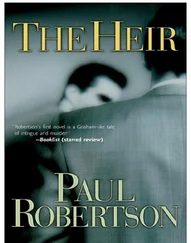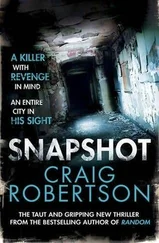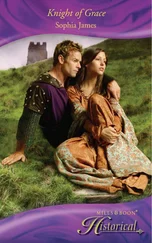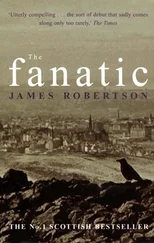The desire to get home was what kept them going, squeezing as much out of the plantations and the slaves as possible without jeopardising the whole enterprise. It was this that differentiated them from planters like Underwood, whom they still saw from time to time, although they had long overtaken him in wealth and social prestige. All Underwood’s loud talk about knowing his Negroes and getting rich quick was a front for bumbling inefficiency and absence of resolve. He still sweated like a pig. He had never got used to Jamaica because he had never made up his mind to escape.
Some of his information, though, had been useful. He had been right, for example, about the Coromantees: they were the best slaves you could get, and the Wedderburns had made a point of buying only them. They had developed good connections with certain shipping companies and their captains, and had looked for preferential treatment at the markets, since they were prepared to pay the best prices.
What exactly a Coromantee was, however, was less certain. It had become clear to the Wedderburns very quickly that they were not dealing with a distinct tribe or race when they demanded Coromantees: they would buy a dozen and find four different languages spoken among them. John tried to discover more about the designation. The traders at Savanna were not sure, but thought it derived from an old settlement on the Gold Coast, Kromantine, the site of the first English slave station a century before. It was, in other words, little more than an export stamp.
‘What does it matter?’ James had said, when John told him what he had learned. ‘I don’t give a damn what they’re called, so long as nobody sells us a bad one.’
As for Underwood’s faith in the abilities of Scotch doctors, it was shared by many planters, which was both gratifying and useful, but largely misconceived. The brothers knew this because, with minimal training, they had both practised as Scotch doctors these last thirteen years, though only James still did much in that line. His claim that he was a better doctor was based on a bolder and more cold-blooded approach than John would ever be capable of. Davie Fyfe had given them a basic knowledge. The rest, as James had divined at sixteen, was a crude mix of guesswork, trial and error, and common sense.
Bleeding, blistering and purging: these were the basic cures most doctors relied on. Release the blood, scorch the skin, sluice out the bowels, and you might, just might, remove whatever the sickness was. The Wedderburns had learned the application of leeches and of the scalpel, the preparation of emetics, the uses of fire, steam, nitre, tartar, mercury; any number of potions, powders and pills patented in Europe or America by medical men whose names were attached to them but who could never be held accountable for their inefficacy. Mercury for the pox; opium to quell pain; ‘tapping’ to relieve dropsy; for dysentery – the bloody flux – bleeding, purging, puking, sweating, anything to cleanse the body of a condition which carried off more slaves than any other. Doctoring was a chancy business, a gamble. There was, of course, an inexhaustible supply of patients on whom to try out new methods, but this was itself part of the problem. Whenever they thought they were on top of some outbreak of illness, thousands more Africans arrived in the island after months at sea in filthy, disease-ridden holds, bringing new strains of tropical ailments with them.
The Wedderburns had often discussed slave health with other doctors and planters. There were soft fools like Underwood who thought they knew their slaves but paid more attention to the quacks who spouted medical jargon and charged exorbitant fees for the privilege of hearing it. There were hard fools who treated every African wound as self-inflicted, every sign of lethargy as malingering, every desperate fever as one more indicator of the degraded racial origins of their slaves. And then there were the calculating, thoughtful, observant ones – like the Wedderburns – who saw each dead or debilitated slave as a loss of fifty or sixty pounds sterling, each sound and working one as the same sum spread over ten, twenty or thirty years. One school of thought argued that it was good economy to extract the maximum labour for the least expense from your slaves, use them up and start again. Another school, to which the Wedderburns subscribed, believed the opposite: that it paid to keep your Negroes in reasonable health. Nobody, however, could be accused of getting things out of proportion. Whatever your thinking, it was not in the end about slave welfare. It was about money.
Now John and James Wedderburn were looking down from Glen Isla on the source of that money. ‘Half a life,’ said James. ‘Or not much less, anyway. That’s how long we’ve been here.’ Then he began to laugh.
‘What?’ John asked. ‘What’s so amusing?’
‘Just that I was thinking, our father was the fifth Baronet of Blackness , whereas you have become the first Baronet of Blackness .’
‘Very good, James.’
‘But think of it, John. In ’45, Papa took only you as his retinue. Were the opportunity to arise again, you could bring four dozen Coromantees to the Prince’s standard. That’s a whole Highland glen.’
‘And you could bring a company of your own black bairns.’ In the last year, James had delivered two of the girls that kept house at Bluecastle of babies which he freely admitted were his own. Boys, both thriving. ‘We may soon be able to count them in dozens also.’
‘Well, and what of it?’ James was still grinning at his brother, who was staring steadfastly ahead.
‘You know how little Papa would have approved of that … miscegenation of which you are so fond.’
‘I’m not sure I do. I never spoke to him about matters of the flesh, even though we had that time together in the prison.’ This was a dig at John, a reminder of his exclusion from those visits. ‘But in any event you are not him, and Abba and Jenny are not yours. Well, I suppose you have a part share in them. Not that you make any claim on it – not that I’d object if you did. For all practical purposes they’re mine to do with what I like.’
‘That’s evident. I hope you’ll not live to regret it.’
‘I’ll not. And nor will the lassies, if the bairns live.’ A challenge had entered James’s voice. ‘I’ve told you before, I’m going to set them free, mothers and bairns, if they reach ten years. I’ve told them too.’
‘It’ll be throwing money away.’
‘Perhaps. But I’ll not have my own blood chained for life.’
‘That’s very noble of you.’
‘Ach, John, you should learn to relax. You’re so cold. Are you never tempted yourself?’
‘I intend to marry a Scotswoman whenever I return home.’
‘As do I. A good, clean, virginal, white Scotswoman. Or maybe a rich widow. Marriage is a different matter altogether. But I could not tolerate this heat and this life without the black lassies to relieve my passion. It keeps the fever out of me.’
‘You really do think that, don’t you?’
‘Well, look at me. Fit and healthy. Mind you, so are you.’
‘We are different.’
‘Aye, hot and cold. I’m rum and you’re ice. Perhaps that’s just our different ways of surviving here. But I can’t be like you.’
‘Nor I like you. We’ve always been different. But we complement one another.’
‘We do here. We’ve had to. It was not always like that. I’d have been too hot for Scotland in ’45. If I’d been allowed to come with you, I’d probably have concluded my life at Culloden, or with Papa in London.’
‘Well, you should thank God you did not. Think what you’d have missed. And thank Him that those days are by with, James. I may never warm to a German king but I’ll live under one readily enough when I go home.’
Читать дальше
